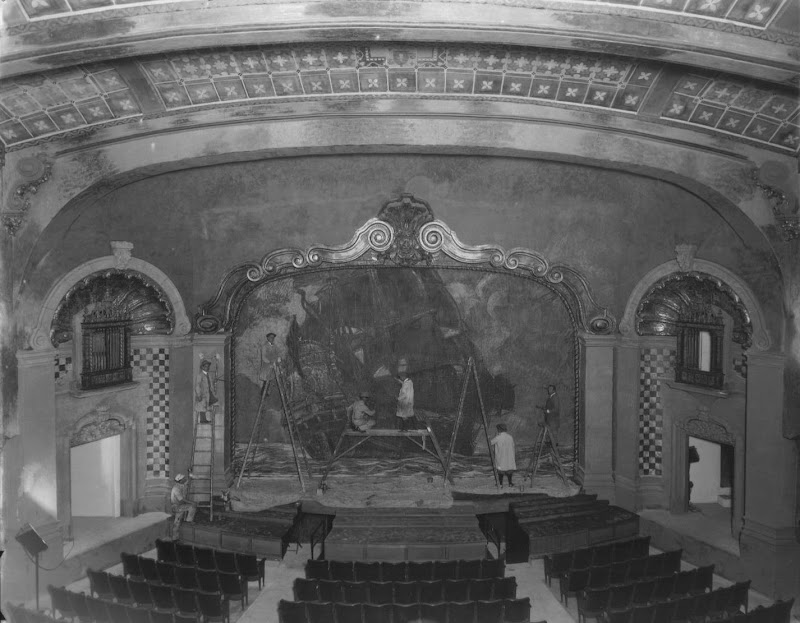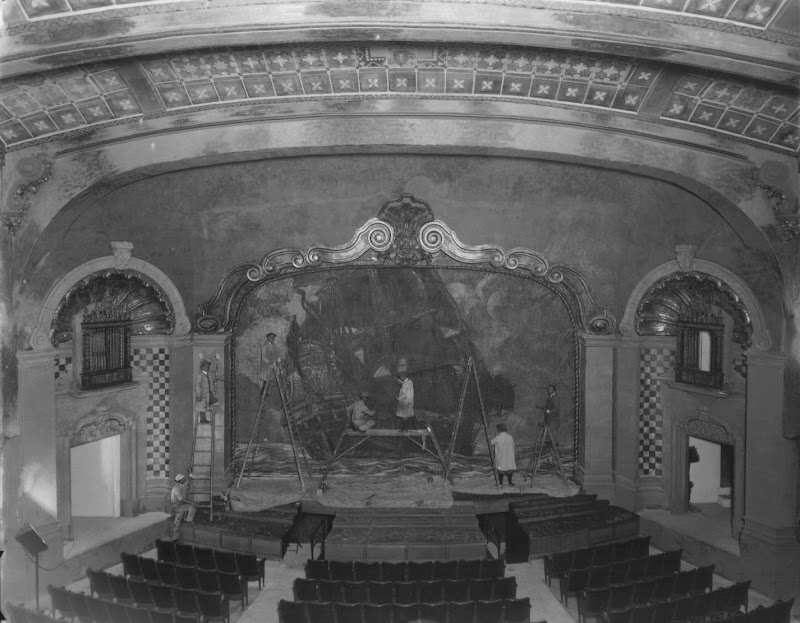Rolin on Life’s River: From Woodland Hills to L.A., via New Haven
Yet, Rolin Jones, quickly upends expectations when he sits down to meet me with a glass of ice cold milk and a slice of strawberry rhubarb pie. The pie along with his wry smile and sharp sense of humor is disarming. Before I can ask him a question, he inquires after my health and a medical procedure that delayed our meeting.--BY MAUREEN LENKER

